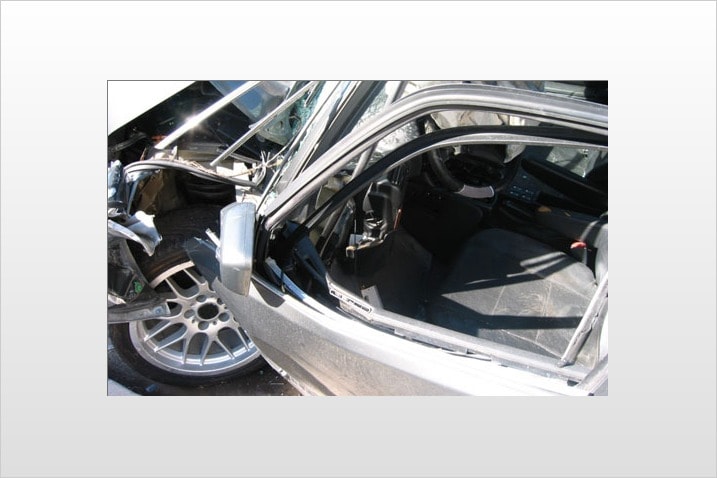But if your sentimental attachment to your car is so strong that you just can't imagine life without it, you can take the money and apply it to repairing her on your own, which, depending on the extent of the damage, could get quite expensive. Furthermore, the check your insurance company cuts you will be reduced by the amount it feels it would have gotten from the salvage yard, a check that's already been reduced by your deductible, whatever that is. So if ol' Bessie is, say, a 14-year-old Le Sabre, that's going to leave you with a pretty small check. You also may have to file a salvage title with the DMV.
That said, consider this little bit of irony: a car's "total" value is almost always less than the sum of its parts — literally. Indeed, parts are what salvage yards are interested in, since they make their money by selling what's left of your car, piece by piece. If you are likewise inclined to sell it off for parts, you may actually make money. But keep in mind that you will have to arrange for the legal dismantling, advertising and sale of those parts on your own. Not to mention the fact that the rusting, rotting carcass of your old car will be living somewhere on your property for the foreseeable future. And even if you're OK with that, consider also that dead old cars become dangerous playpens that neighborhood kids find hard to resist. Need we say more?
In any case, if you want to hold on to a car that's been considered totaled, inform your agent as early as possible in the process, since the longer you wait, the closer your car gets to being auctioned off to the highest bidder at the salvage yard.
